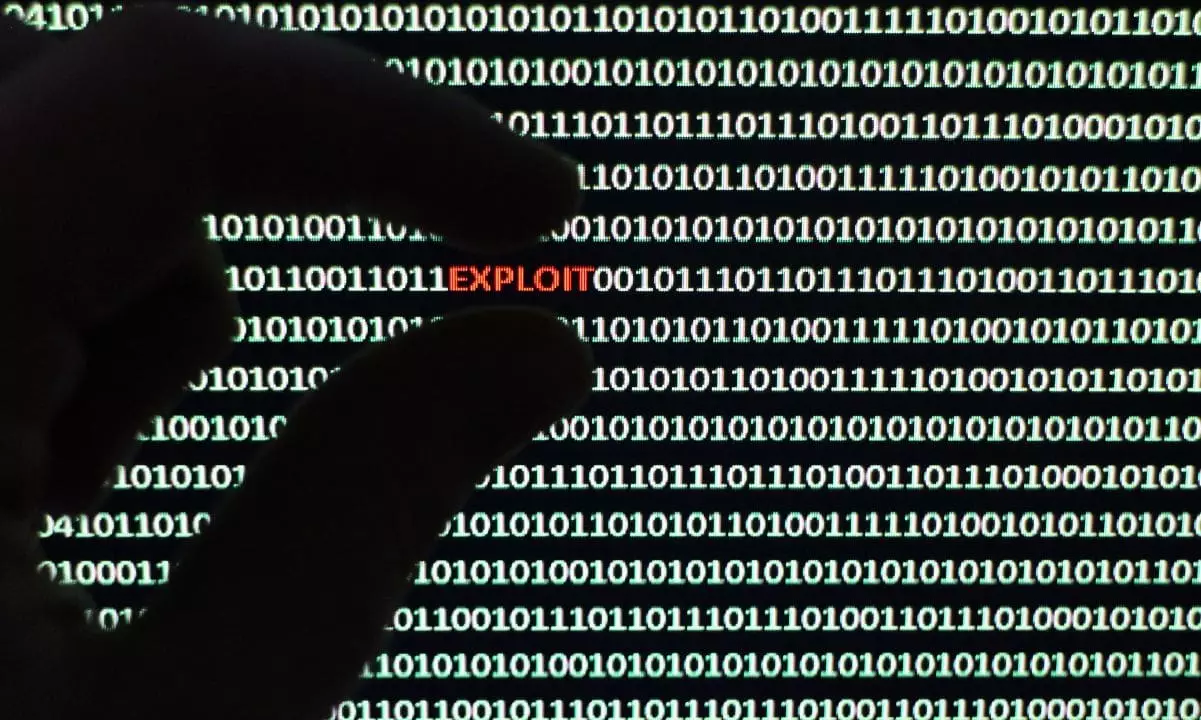On December 1, 2023, Clipper, a decentralized exchange (DEX), faced a significant security breach at 4 am UTC, targeting its liquidity pools on the Optimism and Base networks. This incident has raised considerable concern in the blockchain community, especially given the increasing prevalence of security exploits in decentralized finance (DeFi). Chaofan Shou, co-founder of the security firm Fuzzland, pointed to a potential private key leak as the cause of the exploit. However, Clipper contested this claim by stating that their security architecture was specifically designed to prevent such vulnerabilities, suggesting a complex interplay of both technical and procedural flaws.
The aftermath of the incident has been financially damaging for Clipper, with reports indicating that approximately $450,000 was lost—accounting for around 6% of the total value locked (TVL) within the platform. The attacker made attempts to exploit other blockchain networks but faced failures in these endeavors. Clipper took immediate actions to freeze swaps and deposits across all chains while allowing withdrawals, aligning with the DEX’s noncustodial design that empowers users to retain control of their assets. Nonetheless, this security breach underscores the inherent risks associated with DeFi platforms, particularly in terms of liquidity management and asset protection.
Clarifications and Speculations
In the wake of the incident, Clipper took decisive steps to distance itself from speculation regarding the private key leak. By clarifying that the exploit was not connected to compromised private keys, the team sought to maintain trust and transparency with its user base. The DEX’s ongoing cooperation with security experts highlights its commitment to thoroughly dissecting the breach and formulating enhanced security protocols. Furthermore, Clipper’s proactive outreach to the alleged exploiter reflects a willingness to engage in dialogue towards potential recovery of lost funds.
This incident at Clipper is not an isolated event; it falls within a disturbing trend documented in the crypto landscape. For instance, a report from Immunefi published in November 2024 indicated that hacking incidents accounted for a staggering 99.96% of all crypto losses during that month, with DeFi suffering an estimated $71 million in losses. This comes against a backdrop of decreasing fraudulent schemes and rug pulls, suggesting that as the DeFi sector matures, the focus is increasingly shifting towards addressing direct hacking threats.
As Clipper continues to navigate the repercussions of the incident, the company is dedicated to refining its security infrastructure to anticipate and mitigate future risks. The DeFi industry at large must prioritize robust security practices, learning from incidents like Clipper’s to bolster defenses against attackers. With advancements in blockchain technology and the introduction of comprehensive audits, the hope is that such incidents will decline, allowing users to engage with decentralized finance platforms with greater confidence. The future of DeFi hinges not only on innovation and user experience but also on the establishment of a secure environment that protects against the ever-evolving tactics of cybercriminals.


Leave a Reply